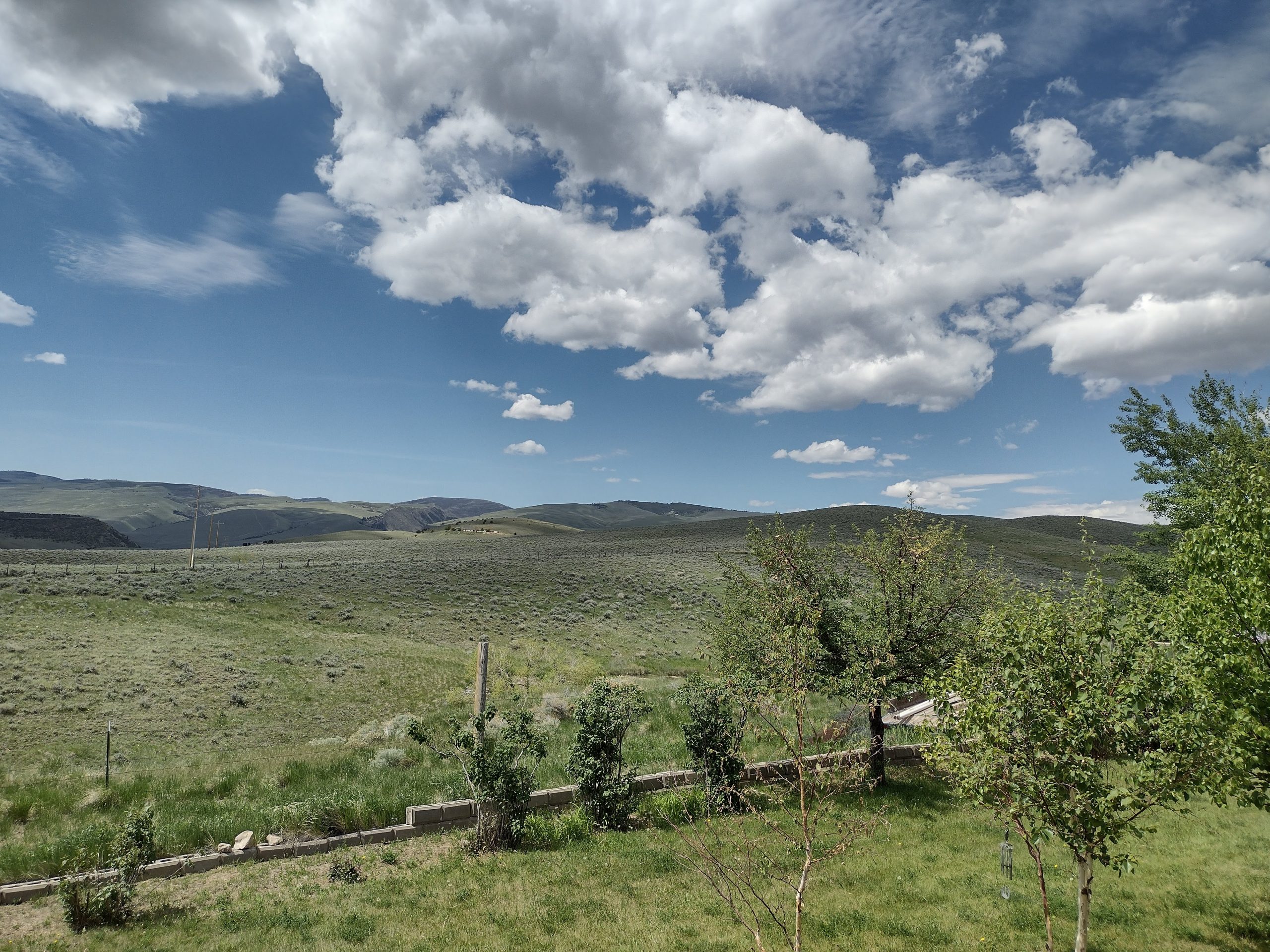“We have only one story. All novels, all poetry, are built on the never-ending contest in ourselves of good and evil.”
–East of Eden, John Steinbeck
A friend and I decided to read East of Eden by John Steinbeck together. When we finished, she commented on how she felt she had lived a whole life with the people in the book. I couldn’t agree more.
Steinbeck doesn’t give us snapshot-characters; he gives us people complete with their histories, hopes, and fears. Their guilt and memories and joys. We watch them grow from childhood to adulthood, until they have children of their own, and then we watch those children grow, too. East of Eden unabashedly depicts life with all it’s roughest edges. Steinbeck refuses to sugarcoat man’s propensity for wickedness, nor does he neglect to show man’s potential for good. Throughout the story, man’s battle with himself remains a major theme, a battle Steinbeck encapsulates in the word “timshel.”
East of Eden: Timshel
“The word timshel–‘Thou mayest’–that gives a choice. It may be the most important word in the world. That says the way is open. That throws it right back on a man. For if ‘Thou mayest’–it is true that ‘Thou mayest not.’” -Lee, East of Eden by John Steinbeck
When Adam Trask’s sons are a year old, he, his friend Samuel Hamilton, and his cook, Lee, gather to name the boys. As they do, they end up discussing in depth the story of Cain and Abel. This leads Lee to investigate the meaning of the Hebrew word timshel.
In the story of Cain and Abel, God tells Cain that sin is crouching at the door, and that “thou shalt/thou wilt rule over it.” The different translations of timshel hold different connotations. If man shall rule over sin, he is commanded to. If man will rule over sin, then he’s predestined for victory. After studying Hebrew with a group of scholars for an extended time, Lee comes to the great conclusion that timshel instead means “thou mayest.” Man may rule over sin. For Lee, this simple phrase throws open an important truth: humanity is gifted with the ability to choose. We have the freedom to carve our own paths. But this gift of choice also gives us personal responsibility for our actions.
Any evil or good within us is our own. The idea that our heritage doesn’t determine who we are or will be is an incredibly important aspect of Steinbeck’s timshel.
East of Eden: Heritage
When Adam’s son Caleb discovers his mother’s disturbing identity, he begins to despair. He tells Lee that he has his mother’s hatred inside him. Lee swiftly admonishes him, “You stop that! You hear me? . . . Of course you may have that in you. Everybody has. But you’ve got the other too. . . . It’s too easy to excuse yourself because of your ancestry. Don’t let me catch you doing it! Now–look close at me so you will remember. Whatever you do, it will be you who do it–not your mother.”
Lee acknowledges that Caleb has evil inside him, that he may have some of his mother’s darkness. But Caleb also has his father’s goodness. Caleb is full of both darkness and light, and neither one has total control over him. He alone can decide who he will be.
While Caleb struggles with feeling tainted by his heritage, he desires to be good, to be loved. He reaches out to Lee; he speaks openly and honestly with his father and Abra when they reach out to him. And though he falls and fails, there’s a note of redemption, because he keeps coming back to repentance and forgiveness.
“And now that you don’t have to be perfect, you can be good.” -Lee, East of Eden
Lee, Adam, and Abra each in turn show Caleb acceptance despite the flaws he sees in himself. They recognize him as imperfect but still view him as lovable. And I’d contend that is why Caleb can believe it when Lee tells him there’s good in him. When someone believes you to be perfect, there’s no weight in their saying that you’re good. But if someone knows your faults–when they’re aware of all your mistakes and rough edges–and they still find value, then it’s easier to find value in yourself.
Every person has the gift of choice. We can choose to do well or do evil. We can choose to strive for greatness or to be content with less. But perhaps the most important choice we can make is to love.
For at the end of the day, love is the greatest ally of goodness in our daily inner battle. Love reminds us that we can choose, and it gives us reason to choose better.
Matthew 22:37: “‘Love the Lord your God with all your heart and with all your soul and with all your mind.’ This is the first and greatest commandment. And the second is like it: ‘Love your neighbor as yourself.’ All the Law and the Prophets hang on these two commandments.”

Leave a Reply
You must be logged in to post a comment.